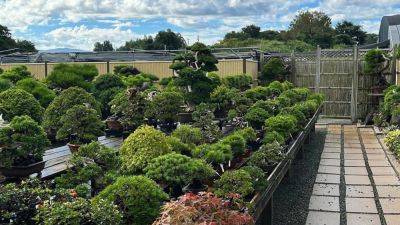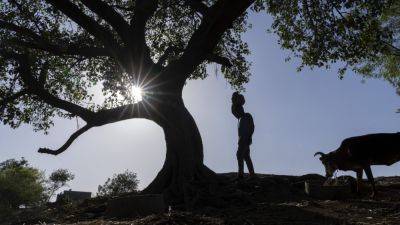The Tiny Nation at the Vanguard of Mining the Ocean Floor
Two ships arrived in the Cook Islands in the South Pacific in March of last year. One was a familiar sight: a massive cruise ship, bringing hundreds of tourists to the pristine shores of this nation of 15,000 people. The other, a neon-orange vessel hauling complex scientific equipment, was more unusual.
On a nearby wharf, Prime Minister Mark Brown and many other prominent citizens had gathered to celebrate the smaller boat’s arrival. To Mr. Brown, the cruise ship represented his country’s troubling dependence on tourism. He described the other vessel, owned by an international mining company, as a harbinger of incredible wealth.
The Cook Islands is at the vanguard of a quest to mine the ocean floor for minerals used in electric car batteries. Mining these deposits has never been attempted on a large scale, but their reserves are so vast, proponents argue, that extracting them could power the world’s shift away from fossil fuels.
It would be a transformation for the Cook Islands, as well: Seabed mining could generate tens of billions of dollars for the tiny country, according to a 2019 study. Its per capita income is about $11,000.
But seabed mining faces stiff opposition from environmentalists, who worry that it would harm the ecology of the deep sea. More than 800 scientists have called for a moratorium on the practice, as have France, the United Kingdom and major companies like Google and BMW.







